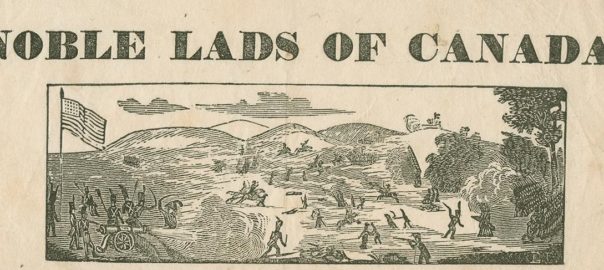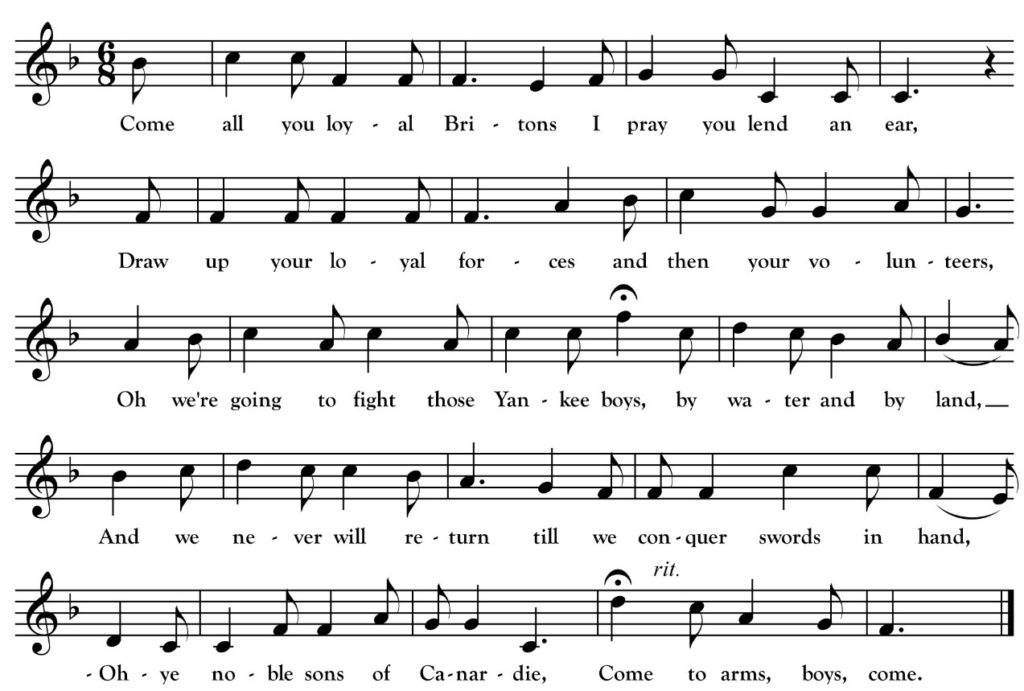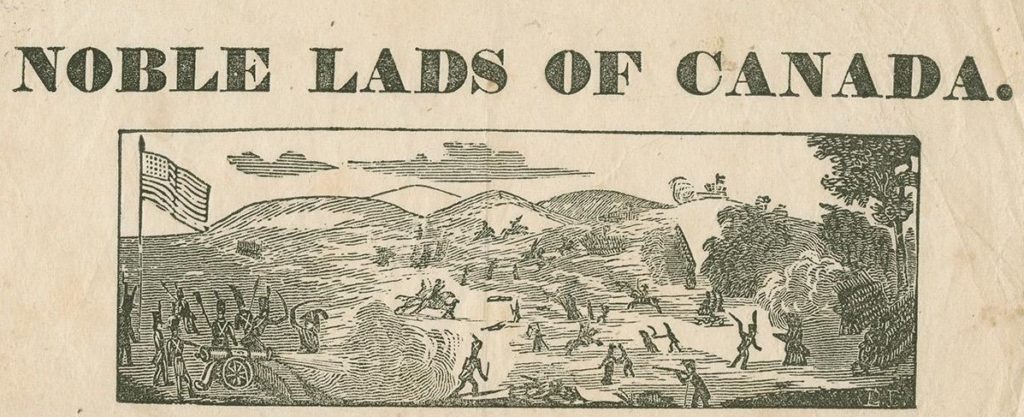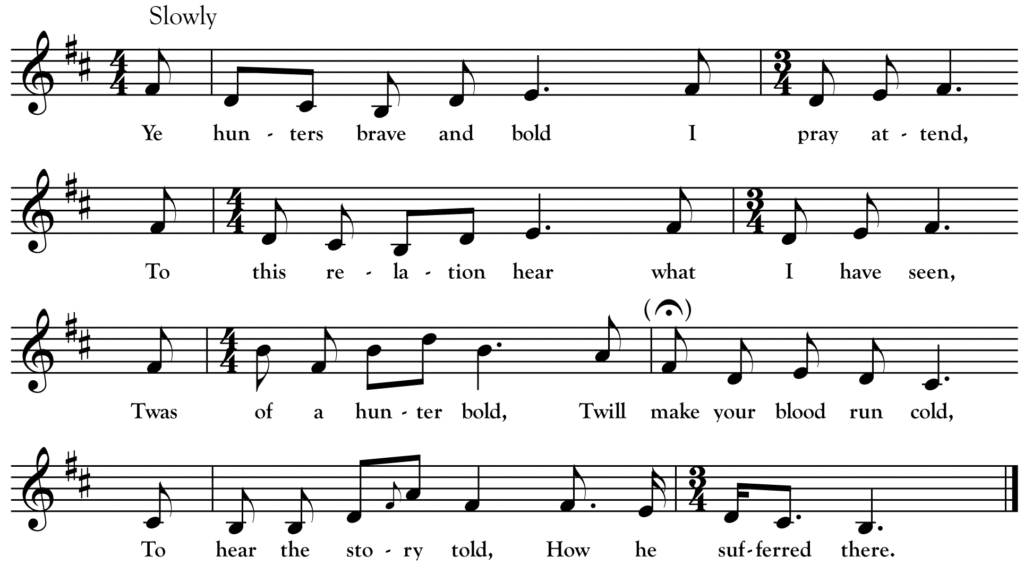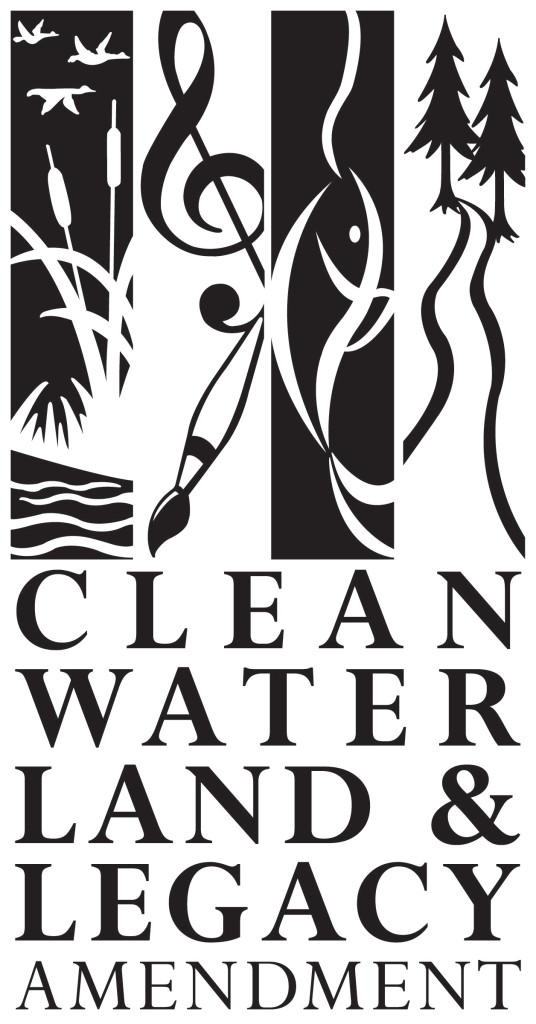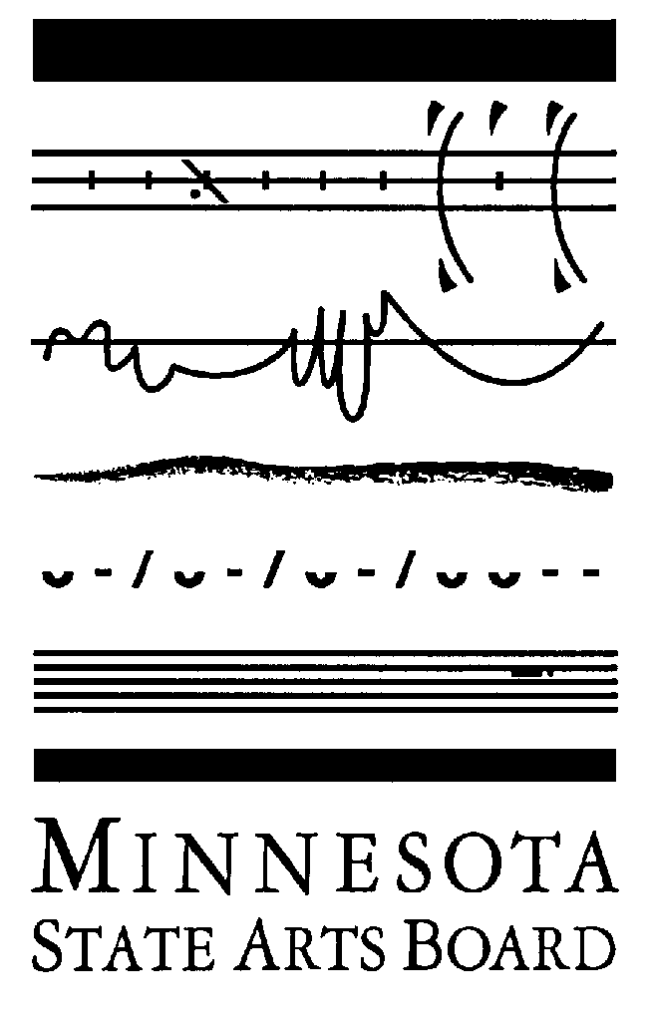The Storm at Sea
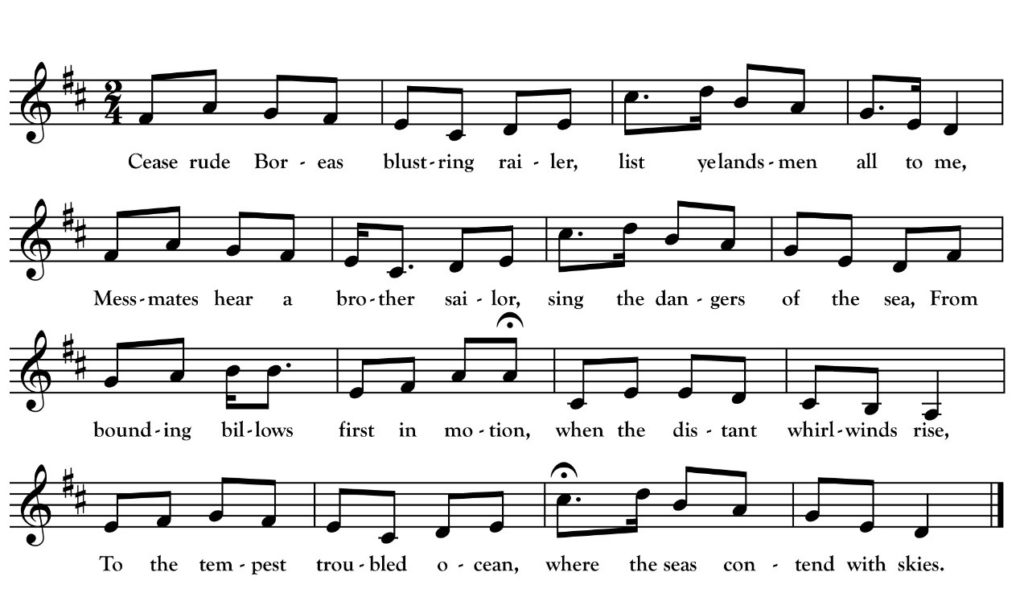
Cease rude Boreas blust’ring railer, list ye landsmen all to me,
Messmates hear a brother sailor, sing the dangers of the sea,
From bounding billows first in motion, when the distant whirlwinds rise,
To the tempest-troubled ocean, where the seas contend with skies.
Hark the boson hoarsely bawling, by top sailyards and halyards stand,
Down top gallants quick be hauling, man the top sail hand boys hand,
Now it freshens, set the braces, now the top sail sheets let go,
Luff boys luff don’t make wry faces, up the top sail nimbly clew.
Lovers who on down beds sporting, fondly locked in beauty’s arms,
Fresh enjoyments wonton courting, free from all but love’s alarms,
Round us roars the tempest louder, think what fear each mind appalls,
Harder yet it yet blows harder, now again the boson calls.
The top sail yards point to the wind boys, see all clear to reef each course,
Let the fore sail go, don’t mind boys, though the weather may prove worse,
Fore and aft the main sail sprit set, reef the mizzen see all clear,
Up and each preventer brace get, man the fore sail cheer lads cheer.
Now the dreadful thunder roaring, peal on peal continual crash,
On our heads fierce rainfall pouring, in our eyes blue lightning flash,
One wide water all around us, all above us one black sky,
Different deaths at once surround us, hark what means that dreadful cry?
“The fore mast’s gone” cries every tongue out, o’er our lee twelve feet ’bove deck,
A leak beneath the chest tree’s sprung out, call all hands to clear the wreck,
Quick the land yards cut in pieces, come, my hearts, be stout and bold,
Plum the well the leak increases, four foot water in the hold.
While o’er the ship wild waves are beating, we for wives and children mourn,
Alas, from hence there is no retreating, alas to them there is no return,
Still the leak is gaining on us, both chain pumps are choked below,
Heav’n have mercy here upon us! Only that can save us now.
O’er the lee beam lies the land boys, let the guns o’er board be thrown,
To the pumps come every hand, boys, see our mizzen mast is gone.
The leak we’ve found she cannot poor fast, we’ve lightened her a foot or more,
Up and rig a jury fore mast, she rights she rights, boys we’re off shore,
Now once more on joys we’re thinkin’, since kind fortune spared our lives,
Come the can boys lets be drinkin’, to our sweethearts and our wives.
Fill her up a bout ship wheel it, close to the lips a brimmer join,
Where’s the tempest now who feels it? Now our dangers drown in wine.
This month’s song comes from the repertoire of Reuben Waitstell Phillips (1850-1926) who sent its text to the “Old Songs That Men Have Sung” column of Adventure Magazine in March, 1924. “Old Songs” editor Robert Winslow Gordon later visited Phillips at his home in Chamberlain, Minnesota with his wax cylinder recording machine that same year but no recording of Phillips singing “The Storm at Sea” seems to have survived.
I found the above melody on a recording made in 1939 of singer John Campbell in Underhill, Vermont that is part of the (now digitized) Flanders Ballad Collection. Underhill is just east of Lake Champlain. Phillips grew up in Hopkinton, New York some 70 miles west of that lake. The text above is Phillips’ with many spelling edits (I also filled in the last half of the 7th verse using the Roundelay book mentioned below).
Most of Phillips’ songs are traceable to early 19th or 18th century balladry from England or Scotland that came to New England. “The Storm at Sea” fits this pattern. It appeared in several printed sources in England and Scotland in the 1800s. The song likely originated in the 1700s. For an early printing of the text that some scholars date to the 1780s, see page 125 of the digitized version of the book Roundelay or the New Syren on Google Books.

